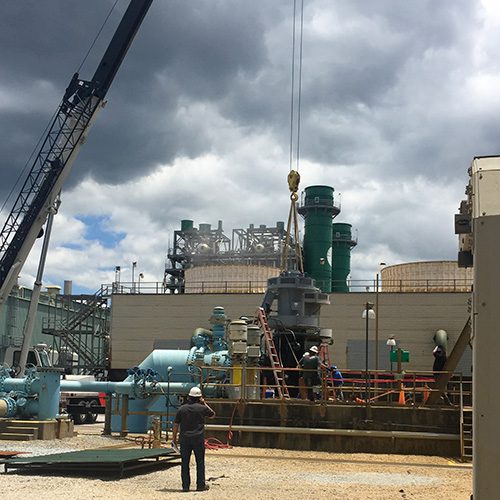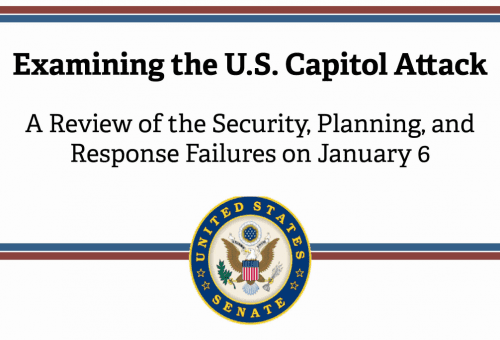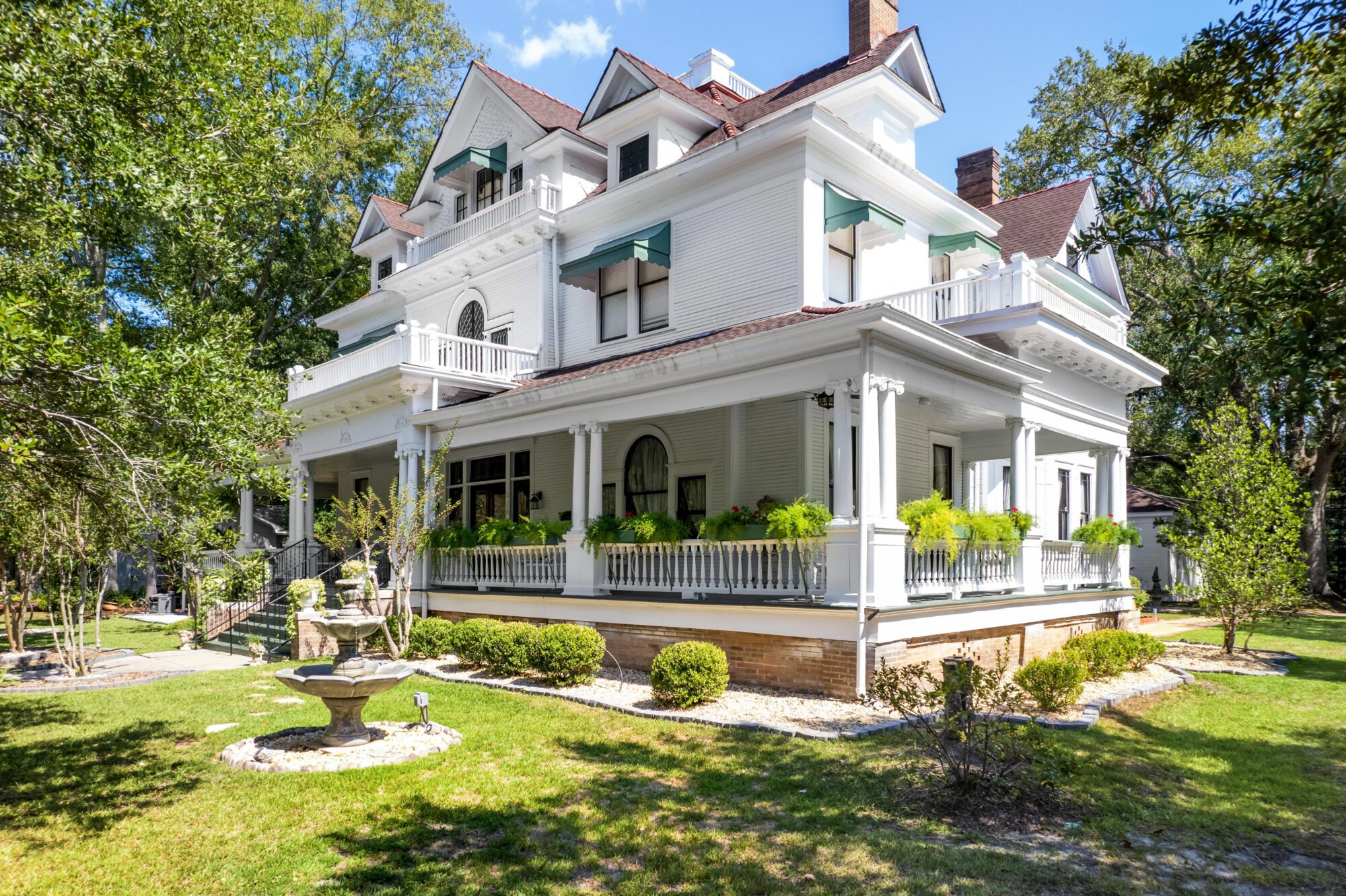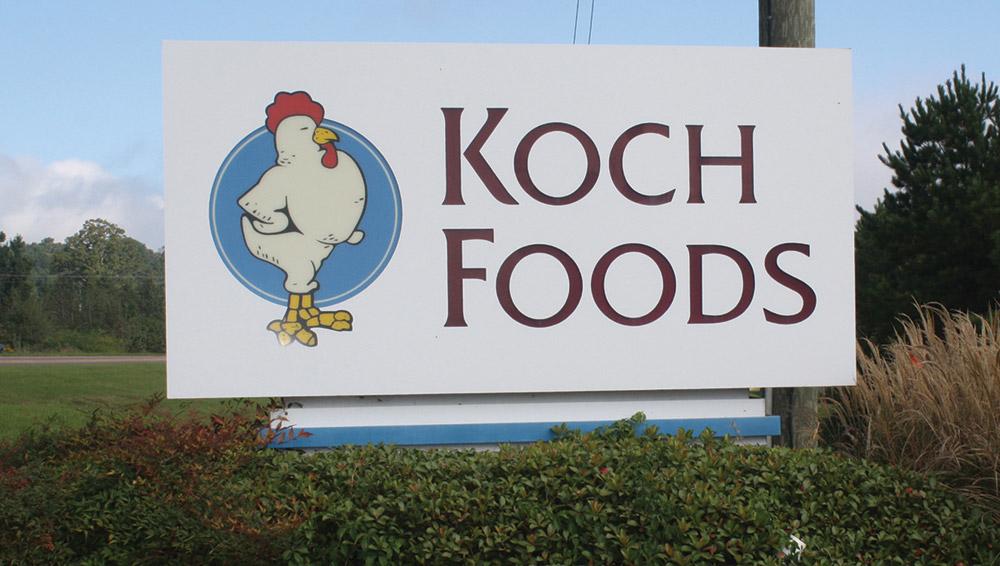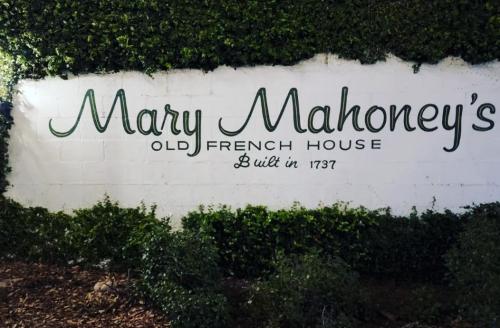
The NFIB reported small business optimism dropped 0.2 points in May due to labor shortages.
Labor shortages continue to impact businesses across the U.S. and in Mississippi. Because numbers of unfilled jobs have stayed high small businesses are losing their optimism after a steady increase in 2021 after the crux of the COVID-19 pandemic.
NFIB reported a record high of 48% of business owners had unfilled job openings.
Mississippi leaders have worked to rectify this problem. Governor Tate Reeves announced that Mississippi would no longer receive federal unemployment benefits effective June 12. He said his decision came in order to help restore the economy of the state.

“It has become clear to me that we cannot have a full economic recovery until we get the thousands of available jobs in our state filled. I have also directed MDES to prioritize pre-pandemic enforcement of all eligibility requirements for any individual to receive unemployment benefits under state law. Mississippi is open for business,” said Reeves on Facebook.
NFIB State Director Dawn Starns McVae said Mississippi’s labor shortage has made it incredibly difficult for small businesses to recover after the hard hit of 2020.
“Businesses are hiring again, but there aren’t enough people applying. Our members believe Governor Reeves’ decision to end the federal unemployment supplement early on June 12 will prompt more people to reenter the workforce,” said McVae.

The federal program, created to help workers who lost their jobs during the pandemic when relatively few businesses were hiring, is set to expire nationwide in September.
Eight percent of owners cited labor costs as their top business problem and 26% said that labor quality was their top business problem. Higher labor costs are being passed on to customers through higher selling prices.
“The labor shortage is holding back growth for small businesses across the country,” said NFIB Chief Economist Bill Dunkelberg. “If small business owners could hire more workers to take care of customers, sales would be higher and getting closer to pre-COVID levels. In addition, inflation on Main Street is rampant, and small business owners are uncertain about future business conditions.”
Other key findings of the national survey include:
- Five of the 10 Index components improved, three declined, and two were unchanged.
- The NFIB Uncertainty Index decreased one point to 79.
- Job creation plans over the next three months rose to a net 27%, up six points.
- Owners expecting better business conditions over the next six months fell 11 points to a net negative 26%.
- Earnings trends over the past three months declined four points to a net negative 11%.
- 59% of owners reported capital outlays in the last six months, up two points from April
- Of expenditures: 44% was on new equiptment, 24% vehicles, 16% improved facilities, 6% new buildings or land and 13% on fixtures and furniture
Higher nominal sales were reported by 7% of all owners (seasonally adjusted) which is four points up from April and the percent of net owners who anticipate higher real sales volumes improved two points. However, this is still historically weak.
8% of owners currently see their inventory as “too low” up one point from April and at historically high levels. Only 1% of net owners reported an inventory increase in May.
Some owners did raise selling prices to a net 40% which is the highest reading since April of 1981. Unadjusted, 5% of owners reported lower average selling prices and 48% reported higher average prices.
Price hikes were the most frequent in wholesale (65% higher, 2% lower), retail (53% higher, 5% lower), and manufacturing (47% higher, 1% lower). Seasonally adjusted, a net 43% of owners plan price hikes, up seven points.
A net 34% (seasonally adjusted) reported raising compensation, the highest level in the past 12 months. A net 22% of owners plan to raise compensation in the next three months, up two points.
The frequency of reports of positive profit trends declined four points to a net negative 11%. Among owners reporting lower profits, 38% blamed weaker sales, 17% cited a rise in the cost of materials, 12% cited the usual seasonal change, 8% cited labor costs, 7% cited lower prices, and 6% cited higher taxes or regulatory costs.
For owners reporting higher profits, 60% credited sales volumes, 18% cited the usual seasonal change, and 14% cited higher prices.
Three percent of owners reported that all their borrowing needs were not satisfied. Twenty-three percent reported all credit needs met and 62% said they were not interested in a loan. A net 2% reported their last loan was harder to get than in previous attempts. One percent of owners reported that financing was their top business problem. The net percent of owners reporting paying a higher rate on their most recent loan was 1%. Credit costs are at historically low levels.
Click here to view the full report.
